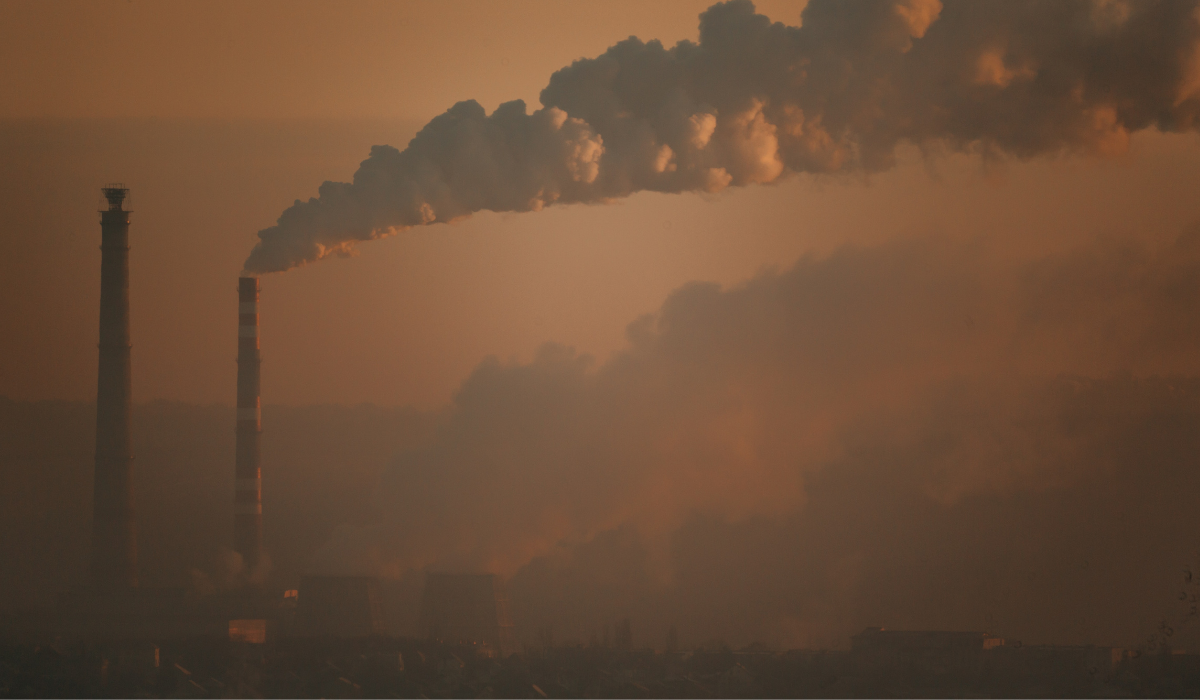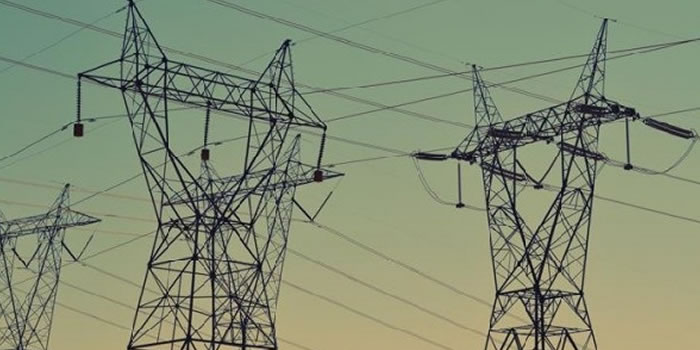The environmental challenges water pollution, climate change, waste and air pollution that are seemingly blowing Ghana to unpredictable future or predictable collapse are well known. Could the West African country be embracing lung cancer due to its history of air pollution.
An environmental and health connection, a new problem some European and Asian countries are facing after international research by the World Health Organization (WHO) cancer agency revealed lung cancer rising among the never smoked worldwide due to exposure to air pollution.
Is Ghana on the road to suffering the same fate, where lung cancer because of the country’s history of air pollution, could rise in the future that could hand the country extra economic and health burdens.
There is a lacking knowledge on how Ghana’s environmental challenges, either being air, waste, water or land pollution affect people’s health. International research are improving knowledge of people around the world and among Ghanaian readers on health conditions that environmental challenges impact. Different environmental challenge lead to different disease or health condition.
Water pollution, one of Ghana’s leading environmental challenges, causes diarrhea, skin diseases, malnutrition and cancer, according to some studies. Land pollution, in Ghana mainly as a result of illegal mining, lead to chronic respiratory diseases, heart diseases and brain damage, some studies have shown.
The depletion of the ozone layer, well understood to be European environmental issue mostly due industries in Europe responsible for releasing chemicals/substances that deplete the ozone layer, cause skin cancer, cataracts and immune system impairment. Air Pollution is also linked with disease outcomes stroke, ischaemic heart disease, pneumonia.
Previous studies have shown a traditional cause of lung cancer by smoking cigarette or tobacco. International research, in recent times are showing trend of rising cases of lung cancer among never smoked people worldwide.
A research by WHO cancer agency International Agency for Research on Cancer (IARC) in 2022 found that exposure to polluted air is the key factor for rising cases of lung cancer among never smocked in Canada, US and Finland and rates of adenocarcinoma cases linked to ambient particulate matter pollution are higher than in US, Canada and Finland.
In eastern Asia, particularly China have the largest burden of adenocarcinoma due to air pollution, the study also found.
In Europe, UK is the most affected of lung cancer among never smoked due to air pollution. In UK’s case, more than 1,100 peoples yearly develop the most common form of lung cancer- adenocarcinoma- leaving the European country a double of environmental and health concerns to tackle.
The WHO cancer agency’s study is impacting rising concerns in most African countries who have a traditional history of air pollution especially during when the study’s lead author and head of the IARC’s cancer surveillance branch, Dr Freddie Bray, said the findings generate the need for urgent monitoring of the changing risk of lung cancer.
“With declines in smoking prevalence – as seen in the UK and US – the proportion of lung cancers diagnosed among those who have never smoked tends to increase,” Bray said. “Whether the global proportion of adenocarcinomas attributable to ambient air pollution will increase depends on the relative success of future strategies to curtail tobacco use and air pollution worldwide,” Dr Freddie Bray told the Guardian.
If China, Canada, US and UK are experiencing this unusual changing risk of lung cancer, Ghana, who is one of Africa’s worse air pollution countries, is in danger of the chronic disease. Tackling air pollution is a top most priority of the West African country government.
The country has a long-standing record of the problem of air pollution that has become a challenge for Ghana’s Environmental Protection Agency- a ministry agency responsible for ensuring the country’s environmental sustainability.
Ghana’s case of air pollution is been worsened by the growth of construction industry, fumes from vehicles, smoke from industries and human movement, and desert dust.
Assessment of health impacts of air pollution in the country has also threw more lights on transportation, waste, land use and energy policies meaning these sub-sectors have perpetuated Ghana’s air pollution problem heightening the country’s risk of lung cancer in the future, if Finland, US, China and largely UK’s current cases in IARC study are to go by.
Of a swing of its sword, a WHO 2016 data reveals nearly 28, 210 people in Ghana die prematurely due to exposure to air pollution.
It has been estimated that if 2015 levels of air pollution that exceeded WHO Air Quality Guidelines remain in Greater Accra, the environmental problem will be responsible for 70 000 years of life lost in the adult population.
Ghana has launched collaborated institutional campaign with the WHO to tackle air pollution- mainly in urban areas- and associated deaths and diseases partly through the implementation of the Urban Health Initiative.
The environmental and climate protection program has been in effect in Ghana as WHO’s pilot project in the West African country since 2016. Past years’ analysis of the policy showed that meeting the values of WHO Air Quality Guideline could prevent 1790 deaths annually in Greater Accra, corresponding to an estimated health economic benefit of approximately $247 million.
From the policy point of view, one of Ghana’s main focus is to reduce charcoal use in households as a primary fuel for cooking in Accra by 2030, which if achieved will lead to estimated prevention of 1848 deaths in the region annually.
The country’s long term ambition as placed in the program is to shift from the use of passenger cars to efficient public transport, walking and cycling which the policy says would result in up to 5500 preventable premature deaths from quality air, and an additional 33 000 lives would be saved due to increased physical activity, with an overall estimated health economic savings of $15 billion over a 35 year period.
With the country’s history of air pollution which has impacted diverse health conditions, fighting lung cancer due to polluted air, though there is no reported of a double environmental and health concerns on the scale by the health system, could be a new daunting battling challenge for the country’s health sector.
Ghana is already fighting a number of traditional diseases including malaria, tuberculosis, HIV/AIDS, pneumonia, septicaemia and non communicable conditions hypertension, heart disease, and diabetes which contributed to 45% of the country’s deaths in 2019.
There are emerging issues liver cancer, kidney cancer, covid-19, marburg virus and human monkeypox virus though the last three, which are virus based diseases, are more studied outside the health system by the Ghana’s medical research institute Noguchi Memorial Institute for Medical Research.
Ghana has silenced lung cancer in its public health mission placing the chronic disease on 14th cause of cancer deaths. This was achieved mainly because of treating the primary risk factor cigarette smoking which is responsible for more than 80% of lung cancer cases.
But the disease could be re-emerging from the air pollution perspective. The health sector has not released any data on the connection between lung cancer and air pollution as some international studies have shown in the UK, Canada and Finland.
Fighting air pollution is already weighing down the country and if this environmental challenge tends to cause rise in lung cancer, Ghana would need more of a strength to guide against some form of health sector and economic collapses.
We are bringing you Ghana, global contents and international news on our main (Futball Surgery) site as we work to restore Futball Surgery News website.
Understanding our network’s setup
Futball Surgery is the parent outlet
Futball Surgery News, is a subset, for news coverage (which we are working to restore website).
Futball Surgery Sports, is a subset, for sports coverage (https://futballsurgerysports.com).





